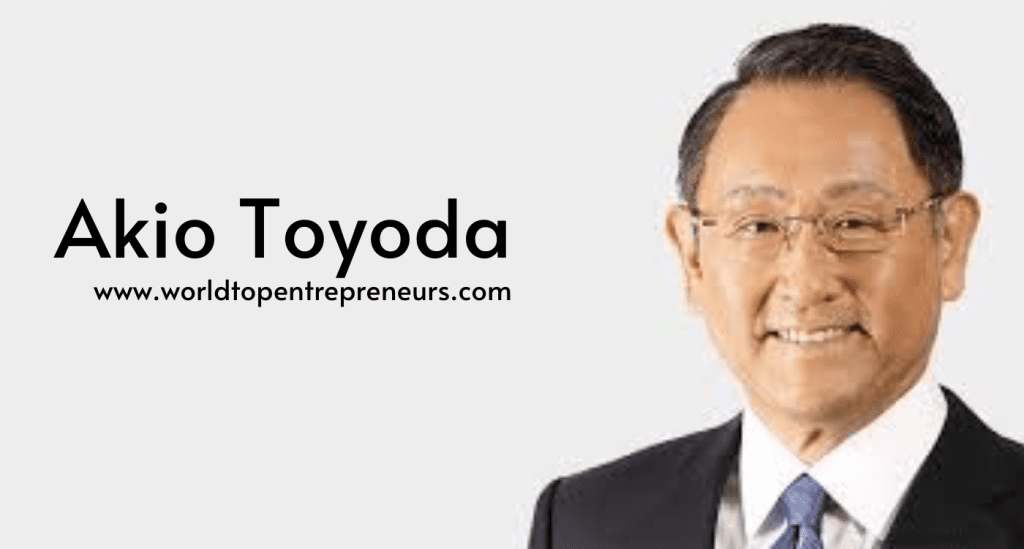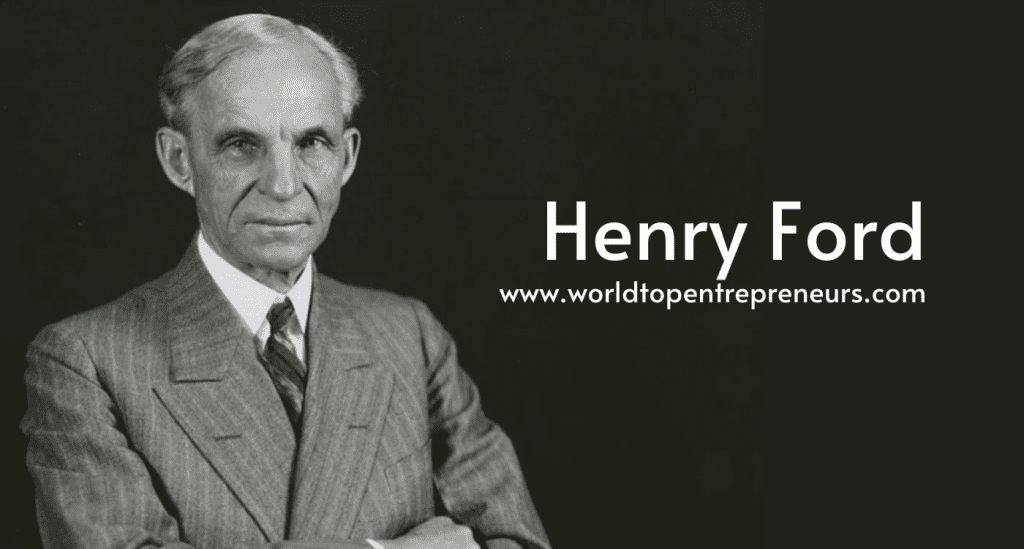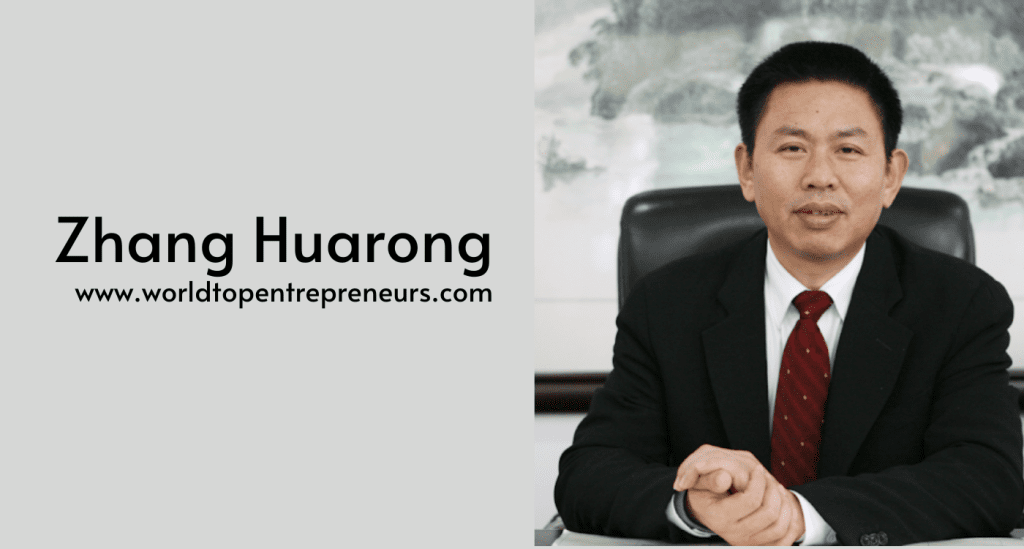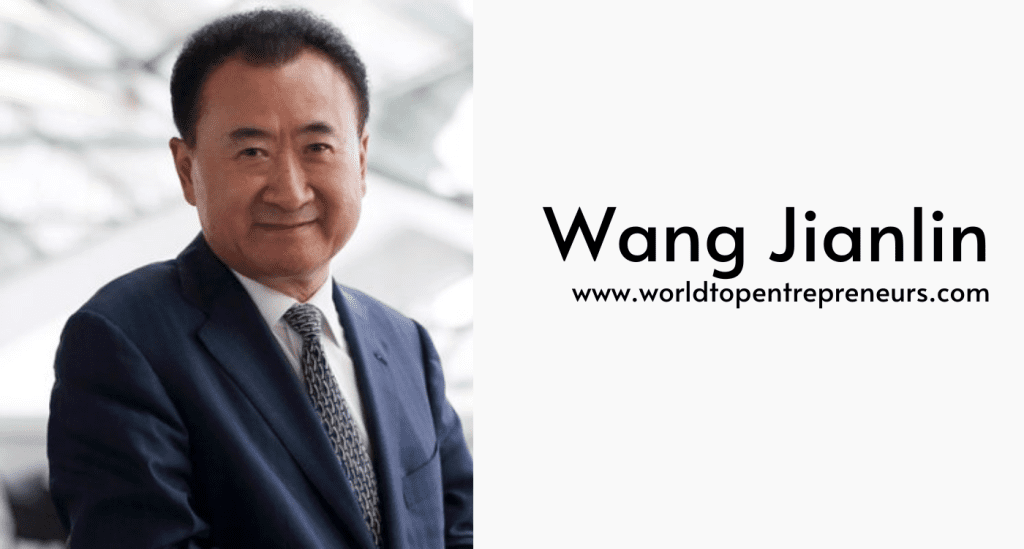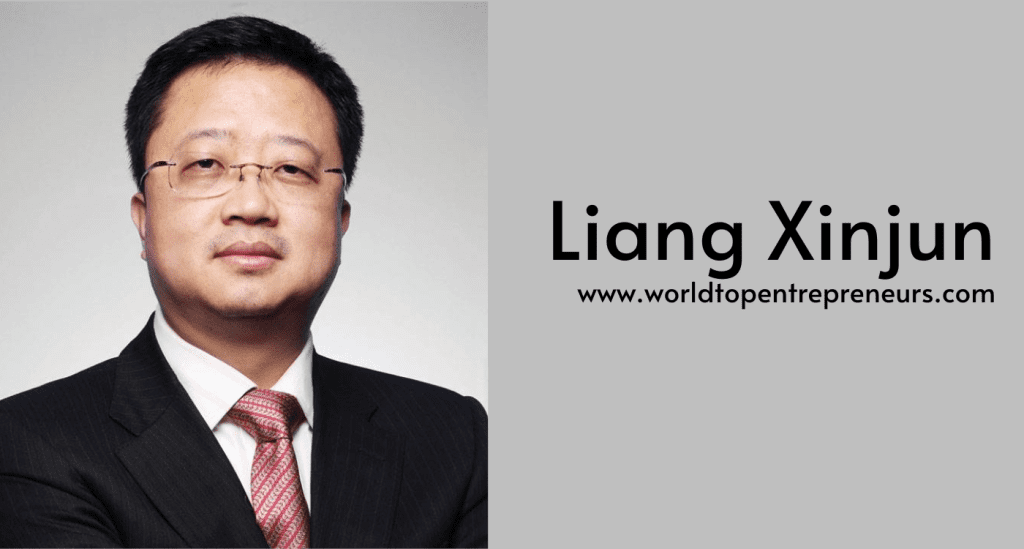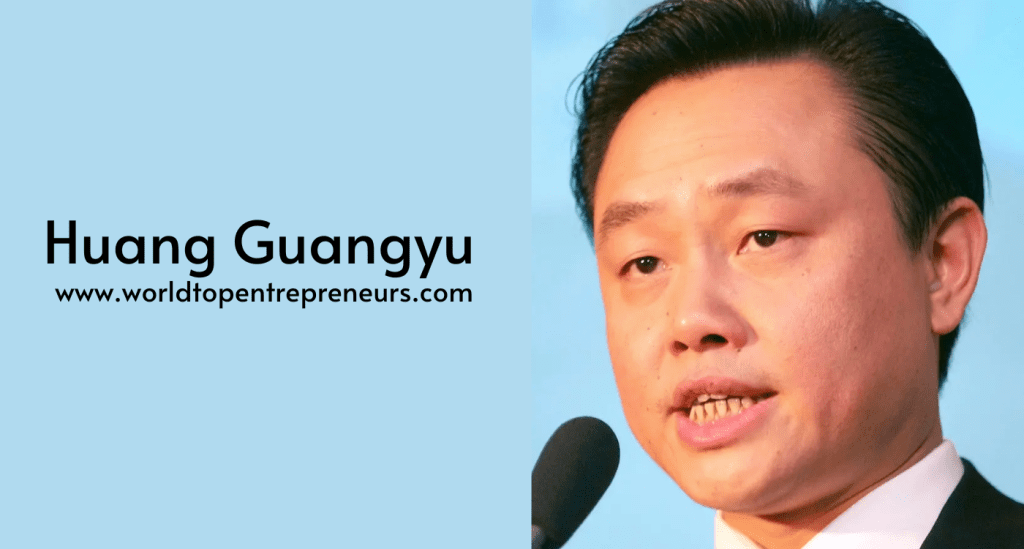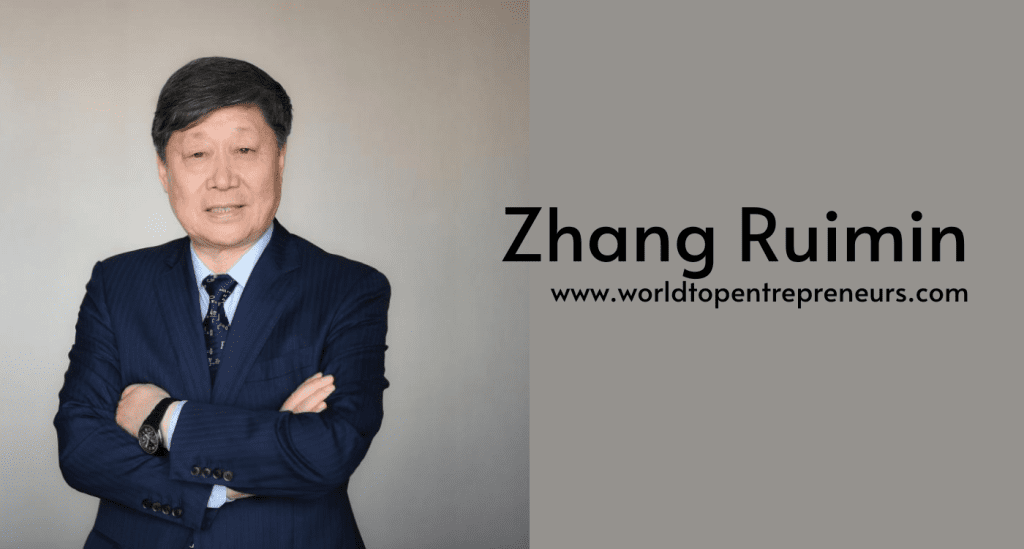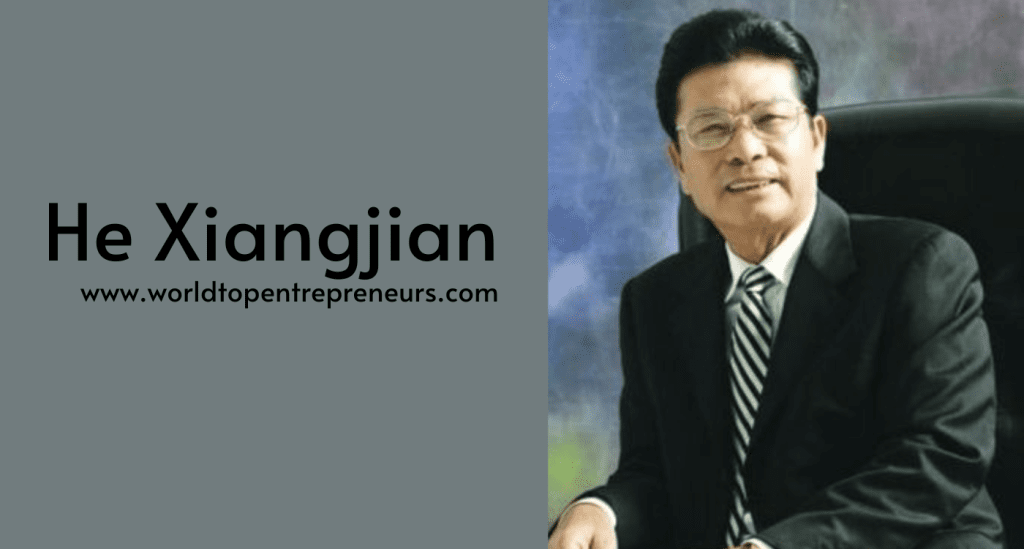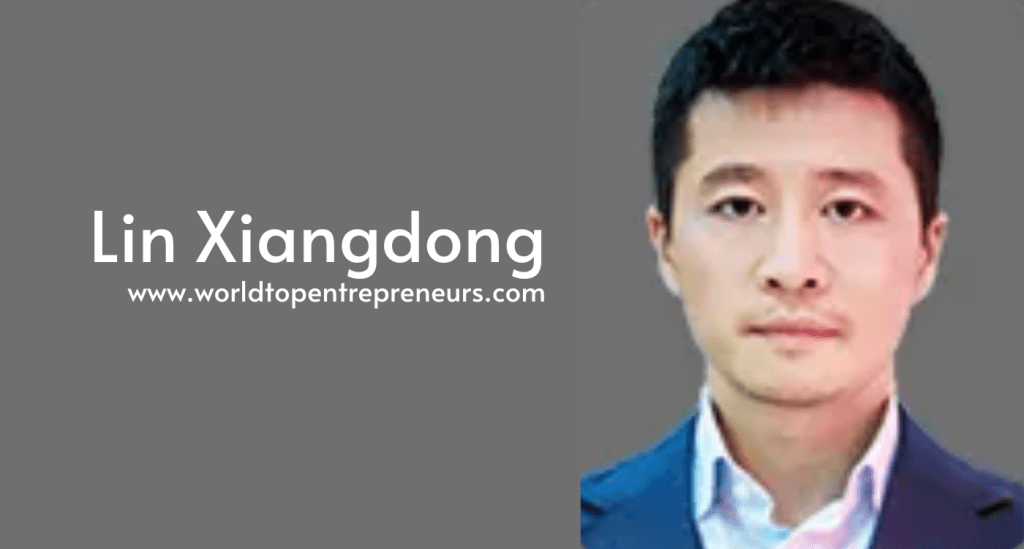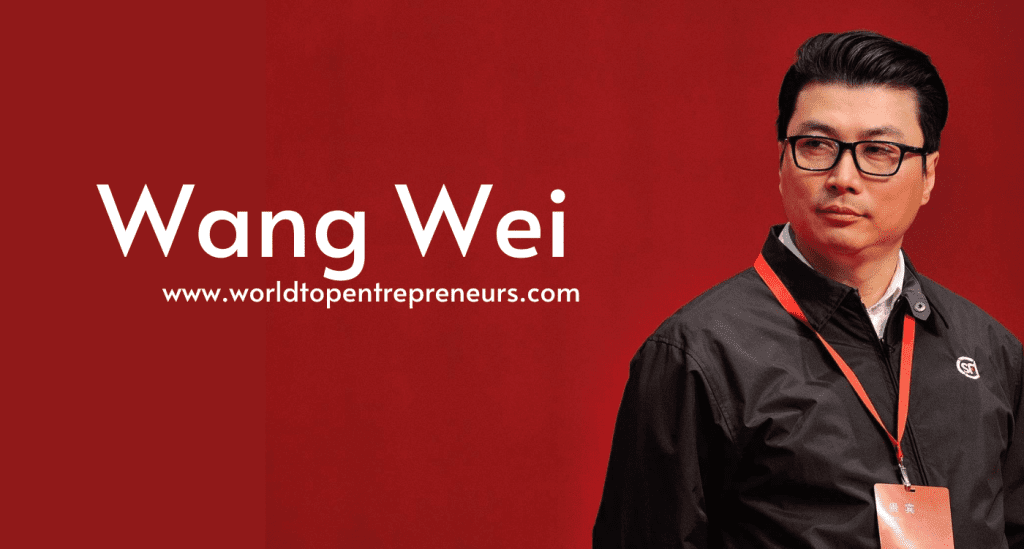In the automotive world, the name Toyota is synonymous with innovation, reliability, and global impact. While many credit the company’s success to its early founders, Akio Toyoda has played a crucial role in steering Toyota into the modern era. As the grandson of the company’s founder, Kiichiro Toyoda, Akio Toyoda has not only inherited a legacy but has also transformed and expanded it, guiding Toyota through a period of unprecedented change and growth. This article explores the life and achievements of Akio Toyoda, his influence on Toyota Motor Corporation, and his impact on the global automotive industry.
Early Life and Education
Akio Toyoda was born on May 3, 1956, in Nagoya, Japan, into a family with a rich legacy in the automotive industry. His grandfather, Kiichiro Toyoda, founded Toyota Motor Corporation in 1937, transforming it from a textile machinery manufacturer into one of the world’s leading car manufacturers. Growing up, Akio Toyoda was immersed in the world of automobiles and business, shaping his future career.
Toyoda’s educational journey began at Keio University, one of Japan’s prestigious institutions, where he earned a degree in Economics. His choice to study economics was influenced by his desire to understand the broader business landscape and to prepare himself for a role in Toyota’s management. After completing his undergraduate studies, Toyoda furthered his education by obtaining an MBA from the Babson College in the United States. This experience exposed him to global business practices and strategies, enriching his perspective on leadership and management.
Joining Toyota Motor Corporation
Akio Toyoda officially joined Toyota Motor Corporation in 1984, marking the beginning of his professional journey with the company. Despite his family background, Toyoda approached his role with a sense of humility and determination, eager to prove himself and contribute to Toyota’s success. His early years at Toyota were spent in various departments, where he gained valuable experience and insights into the company’s operations and culture.
- Early Contributions
Toyoda’s early contributions at Toyota were marked by his involvement in product planning and development. He played a key role in the development of several successful models, including the Toyota Camry and the Toyota Corolla. These vehicles became synonymous with reliability and efficiency, reinforcing Toyota’s reputation as a leading automaker.
One of Toyoda’s notable achievements during this period was his involvement in the launch of Toyota’s luxury division, Lexus, in 1989. Lexus quickly gained recognition for its high-quality vehicles and exceptional customer service, establishing itself as a major player in the luxury automotive market. Toyoda’s contributions to the success of Lexus demonstrated his ability to drive innovation and create new opportunities for Toyota.
- Leadership Roles
As Toyoda progressed in his career, he took on increasingly significant leadership roles within Toyota. In 1998, he was appointed as the General Manager of the Product Planning Division, where he was responsible for overseeing the development and introduction of new vehicles. His leadership in this role was instrumental in shaping Toyota’s product lineup and ensuring that the company remained competitive in the global market.
In 2000, Toyoda was promoted to Executive Vice President, where he played a key role in implementing Toyota’s global strategy and expanding its presence in international markets. His leadership during this period was marked by a focus on innovation, quality, and customer satisfaction, which contributed to Toyota’s continued success and growth.
Becoming President and CEO
In 2009, Akio Toyoda was appointed President and CEO of Toyota Motor Corporation, succeeding Katsuaki Watanabe. This appointment marked a significant turning point in Toyoda’s career and presented him with new challenges and opportunities. As President and CEO, Toyoda was tasked with leading Toyota through a period of economic uncertainty and industry disruption.
- Navigating the Global Financial Crisis
One of the first major challenges Toyoda faced as President and CEO was the global financial crisis of 2008-2009. The crisis had a profound impact on the automotive industry, leading to a sharp decline in vehicle sales and financial instability for many automakers. Toyoda’s leadership during this period was crucial in guiding Toyota through the crisis and positioning the company for recovery.
Toyoda implemented a series of strategic measures to address the challenges posed by the financial crisis. These measures included cost-cutting initiatives, streamlining operations, and focusing on core competencies. Despite the difficulties, Toyota was able to navigate the crisis and emerge as one of the industry’s strongest players.
- Embracing Sustainability and Innovation
Under Toyoda’s leadership, Toyota continued to prioritize sustainability and innovation. One of the key initiatives during this period was the expansion of Toyota’s hybrid and electric vehicle offerings. Toyota had already established itself as a pioneer in hybrid technology with the introduction of the Prius, and Toyoda’s focus on sustainability furthered the company’s commitment to environmental responsibility.
Toyoda’s vision for Toyota included a strong emphasis on developing advanced technologies and sustainable solutions. This focus on innovation led to the introduction of new hybrid models, advancements in electric vehicle technology, and investments in alternative fuels. Toyoda’s leadership in this area reinforced Toyota’s position as a leader in the global automotive industry.
- Addressing Quality and Safety Concerns
During Toyoda’s tenure, Toyota faced several high-profile quality and safety issues, including recalls related to unintended acceleration and braking problems. These challenges had a significant impact on Toyota’s reputation and required decisive action from Toyoda and his team.
Toyoda responded to these challenges with a commitment to transparency and accountability. He took personal responsibility for the issues and implemented comprehensive measures to address them, including strengthening quality control processes, enhancing safety protocols, and improving communication with customers. Toyoda’s leadership during this period was characterized by a focus on restoring trust and ensuring that Toyota’s vehicles met the highest standards of quality and safety.
Legacy and Impact
Taizo Nishimuro’s contributions to Toshiba Corporation and the electronics industry have left a lasting legacy. His vision, leadership, and commitment to innovation have had a profound impact on the industry and shaped the future of technology.
- Transforming Toyota’s Global Presence
Under Toyoda’s leadership, Toyota continued to expand its global presence and strengthen its position as a leading automaker. The company’s international operations grew significantly, with a focus on entering new markets and establishing a strong foothold in key regions around the world. Toyota’s global expansion efforts reflected Toyoda’s commitment to driving growth and increasing the company’s global reach.
- Advancing Technological Innovation
Toyoda’s emphasis on technological innovation has had a significant impact on the automotive industry. Toyota’s advancements in hybrid and electric vehicle technology, as well as its commitment to sustainability, have influenced industry trends and set new standards for environmental responsibility. Toyoda’s leadership in this area has contributed to the development of cutting-edge technologies and solutions that shape the future of transportation.
- Promoting Corporate Social Responsibility
In addition to his focus on technology and business growth, Toyoda has been a strong advocate for corporate social responsibility. Toyota’s commitment to sustainability, community engagement, and ethical business practices reflects Toyoda’s belief in the importance of contributing to society and addressing global challenges. His leadership in this area has helped Toyota build a positive reputation and strengthen its relationships with customers, employees, and communities.
- Inspiring Future Generations
Akio Toyoda’s success with Toyota serves as an inspiration to aspiring leaders and professionals in the automotive industry. His dedication to innovation, quality, and strategic growth provides a model for future leaders who seek to drive positive change and make a meaningful impact. Toyoda’s legacy continues to inspire and guide the next generation of technology professionals and innovators.
Conclusion
Akio Toyoda’s journey from a young engineer to the leader of Toyota Motor Corporation is a remarkable story of vision, leadership, and impact. His contributions to the automotive industry have shaped the development of advanced technologies, expanded Toyota’s global presence, and reinforced the company’s commitment to sustainability and quality.
Toyoda’s leadership has left a lasting legacy in the industry, influencing technological advancements, promoting corporate social responsibility, and inspiring future generations of leaders. As we reflect on his achievements, we recognize the profound impact of his work on the global automotive landscape and the continued evolution of transportation technology. The story of Akio Toyoda and Toyota Motor Corporation is a testament to the power of visionary leadership and dedication in shaping the future of industry and innovation.

